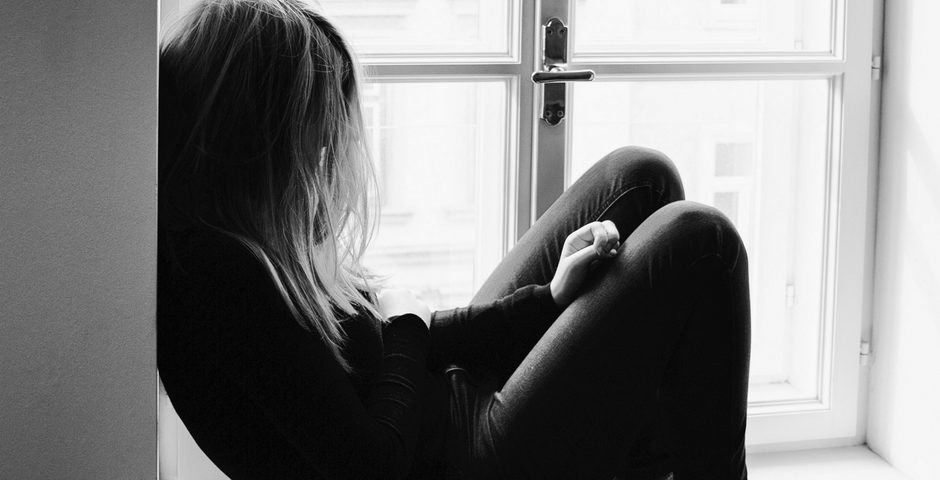- CALL US:
- 713-661-9995
Two Natural Treatments for Anxiety and Depression

 Anxiety is a normal reaction to stress which can be helpful when experiencing difficult times. Excessive anxiety, however, often leads to anxiety disorders.
Anxiety is a normal reaction to stress which can be helpful when experiencing difficult times. Excessive anxiety, however, often leads to anxiety disorders.
Anxiety and Depression
According to the National Institute of Mental Health, approximately 18% of adults in the United States are affected by these kinds of disorders. Anxiety can come in many forms such as nervousness, panic attacks, compulsive behaviors, excessive worrying, insomnia, self-consciousness, and irrational fears or phobias.
Depression is another normal response to stress that results in sadness such as the loss of a loved one, break-ups, or traumatic events. These feelings can affect quality of life and the nature of your thoughts.
Symptoms of Depression
Symptoms of depression include feelings of hopelessness, low energy levels, negative or empty thoughts, loss of interest in activities we once enjoyed, guilt and changes in appetite. Normally these symptoms are short-lived as an individual passes through the different stages of grief but if this sadness lingers for too long or if episodes of depression are frequent, this can be a sign of a serious mental illness.
Anxiety and depression can exist independently or at the same time. When these conditions start to interfere with how we live our lives, they can also have detrimental effects on our emotional, mental and physical health which then affects self-esteem and the quality of our relationships.
Possible Causes of Depression or Anxiety
Specific causes of these conditions are unknown but traumatic experiences, genetics, lifestyle, hormone imbalance, stress and diet are all contributing factors. Symptoms of anxiety and depression can be treated by drugs such as antidepressants, selective serotonin reuptake inhibitors, tricyclics, monoamine oxidase inhibitors, anti-anxiety drugs, and beta blockers. Though these drugs can keep symptoms of anxiety and depression under control, they do not cure the cause of the symptoms and each has a long list of potential side effects associated with them.
Recently two separate studies published in the Public Library of Science and in Behavioral Research and Therapy found that meditation and mindfulness have positive effects on mental and physical health. Among these positive effects on mental health was the ability to manage anxiety and depression.
Meditation for Anxiety and Depression
 Meditation is an activity or tool that is used to calm or clear the mind by continuously concentrating on a single thought or movement for a certain period of time.
Meditation is an activity or tool that is used to calm or clear the mind by continuously concentrating on a single thought or movement for a certain period of time.
Mindfulness is a heightened state of awareness which involves being tuned into the present moment rather than moments in the past or future. Any activity (including meditation) can be done with mindfulness just by tuning into what we are currently experiencing through all of our senses.
Mindfulness A Natural Approach to Anxiety and Depression
Mindfulness and meditation both have positive impacts on the part of the brain that is responsible for anxiety and depression. Local establishments such as yoga studios, alternative health centers, and houses of worship may offer meditation or mindfulness classes that can teach you how to manage anxiety and depression.
If you’re looking for an Endocrine Doctor in Houston, Texas, or if you’ve been dealing with chronic conditions you’ve been unable to resolve, we’d love to bring you in for a complimentary consultation to discuss your specific needs. Call us today, or contact us online here.
